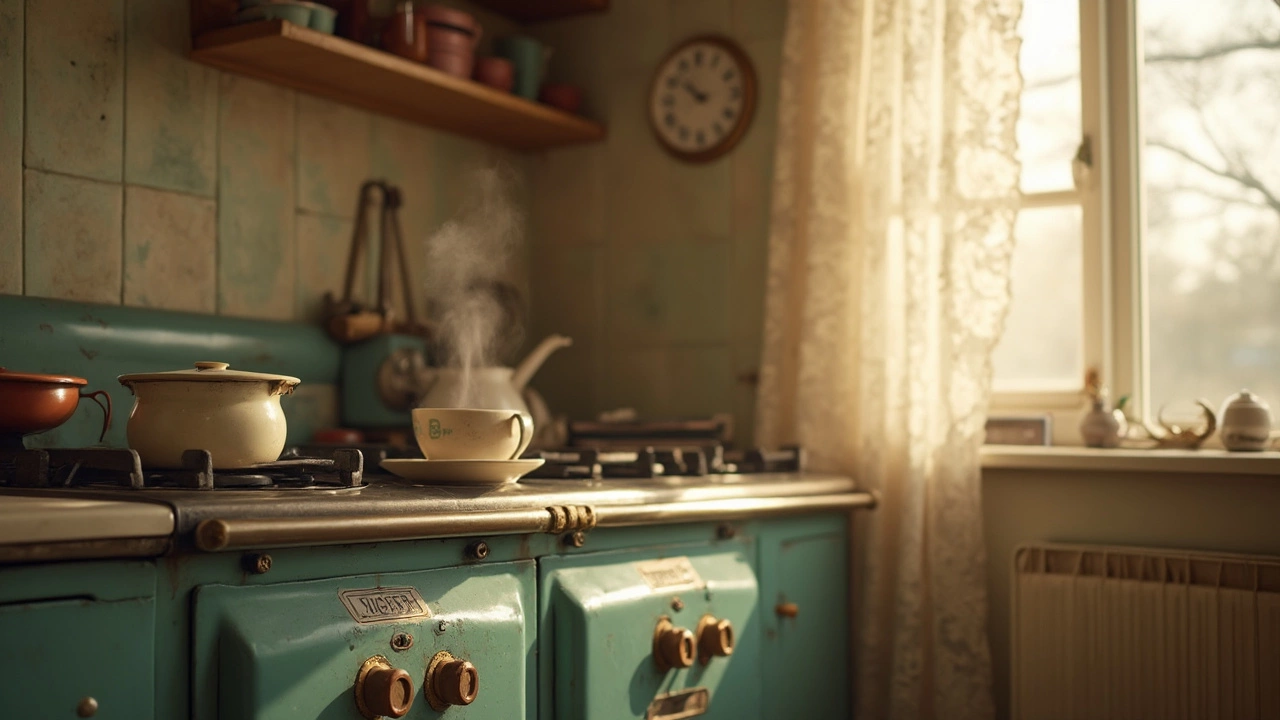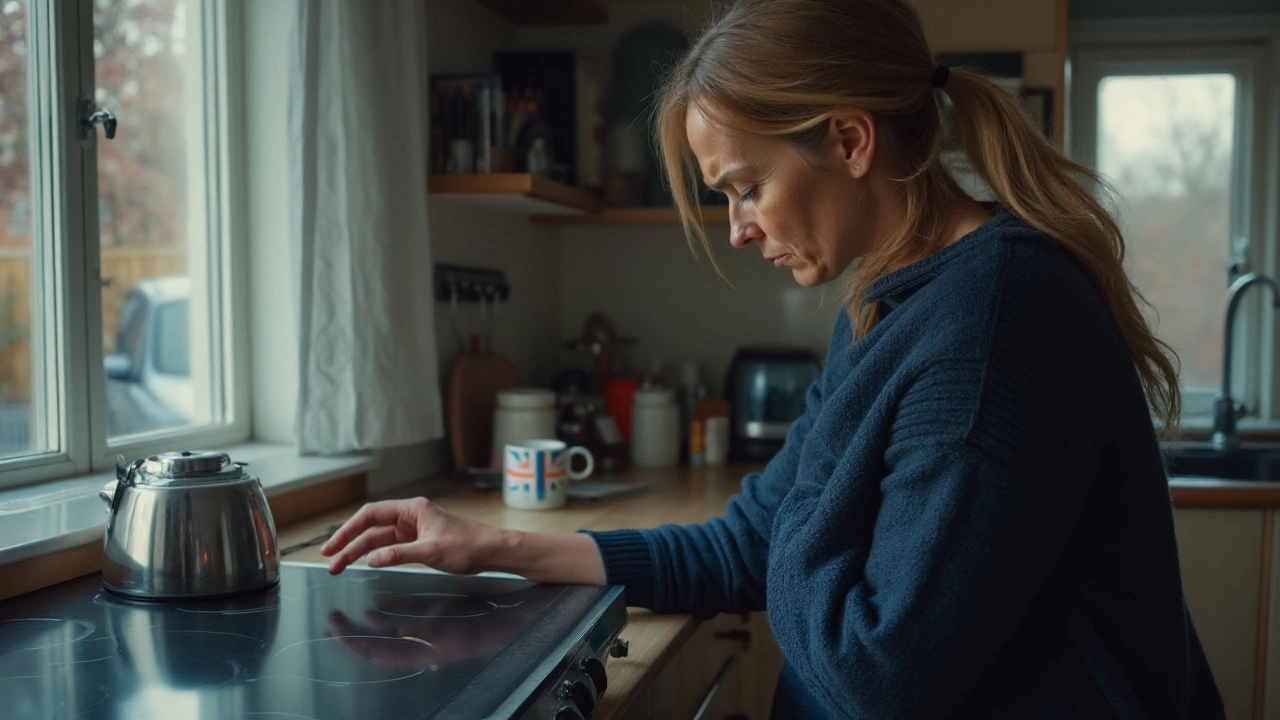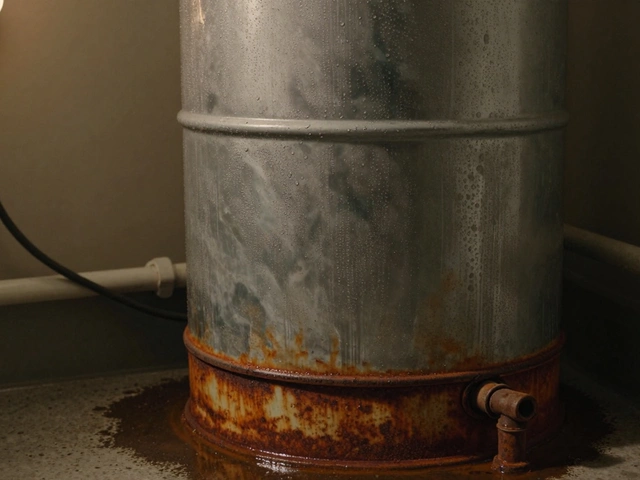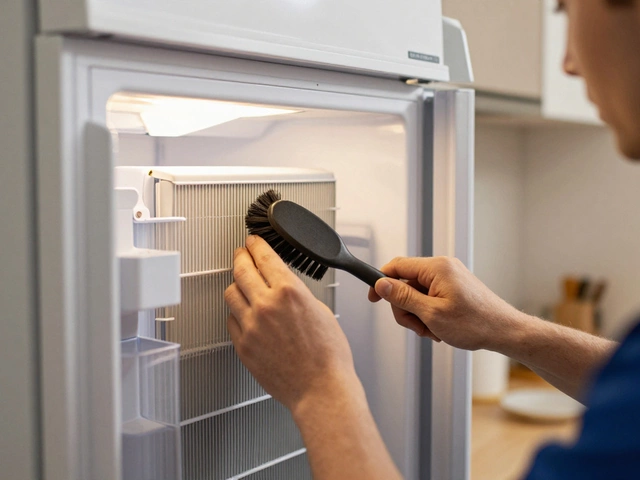So, you’ve marched into your kitchen with plans to cook up a storm, and bam—your cooker’s decided to stage an unplanned protest. Frustrating? Absolutely. But let’s take a deep breath and break down why this might be happening.
First off, for those of you with an electric cooker, the issue might be as simple as a tripped circuit breaker. Have you checked your breaker box? Sometimes, running too many appliances at once can trip the breaker, cutting off power to your cooker. Just flip the switch back on, and you might be back in business.
Gas cookers, on the other hand, come with their own set of quirks. Is the gas supply on? It sounds obvious, but a surprising number of times, the knob is simply turned to off. Check if there's an issue with the gas flow or if there's a kink in the line. Remember to ensure adequate ventilation while you’re at it.
Common Electrical Issues
Alright, let’s tackle cooker repair when it comes to electrical problems. First thing's first, always ensure safety by unplugging your cooker before you get hands-on.
Tripped Circuit Breaker
It's surprising how often a tripped breaker is the culprit. If your cooker suddenly stopped, head over to your breaker box. Have a look for any switched-off breakers and flip them back. If it trips again, there might be an overload issue needing attention.
Faulty Power Cord
If your breaker is fine, check the power cord. These cords can get damaged over time from wear and tear—especially if they’re frequently moved. Look for visible cuts or frays. It might be worth testing the cord with another appliance to see if it functions properly.
Burnt Out Fuses
Some older cookers still use fuses. If that’s your situation, hunt them out and check for blackened or missing filaments. Replacing them could get your cooker back in action. Remember: always use the right type of fuse, matching voltage and amperage.
Control Board Malfunction
Your cooker’s control board could also be at fault. These can short out due to power surges or electrical faults. In case of any burning smell or unresponsive buttons, the control board might need a professional’s eye.
And just a quick word to the wise: frequently recurring electrical issues mean you should probably call in a professional. A qualified technician can catch those intricate problems we might miss.
Gas Supply Problems
Ah, the joys of cooking with gas! It’s fast, it’s efficient, until suddenly, it's not working at all. Let’s tackle why your cooker might not be firing up when it should be.
Check the Gas Valve
The first port of call is the gas valve. Sounds basic, but it's often overlooked. Make sure it's turned on. Gas supply issues can arise if the valve isn't fully open. It’s like trying to drink through a straw with your thumb over the end—not gonna happen smoothly.
Inspect the Gas Line
Next, you'll want to inspect the gas line itself. Are there any kinks or bends? Even a slight twist can reduce or completely cut off the gas flow. Follow the line from your cooker back to the source to ensure it's straight and unobstructed.
Check Gas Pressure
If everything looks good but your cooker still won’t light up, it might be a gas supply pressure issue. If your home often experiences fluctuating gas pressures, consider reaching out to your supplier. They can give you a detailed report on whether there's a broader issue impacting your area.
Inspect the Ignition System
Don't forget about the ignition parts. If you've got one of those fancy push-to-ignite setups, test if the spark is working. You should see a spark or hear a click when turning it on. If not, you may need a new igniter.
For those of you a little more tech-inclined, here’s a quick diagnostic table that might help:
| Symptom | Possible Cause |
|---|---|
| No Flame | Closed valve or kinked line |
| Weak Flame | Low gas pressure |
| Clicking Igniter | Faulty ignition system |
Safety First
If you ever smell gas, that’s time to call in the pros. Don't try to fix this one yourself—it’s just not worth the risk.
By sorting out potential gas supply problems yourself, you might save a chunk of cash and hours of mealtime frustration. And if all else fails, at least you'll know what to mention when you give the plumber a call.
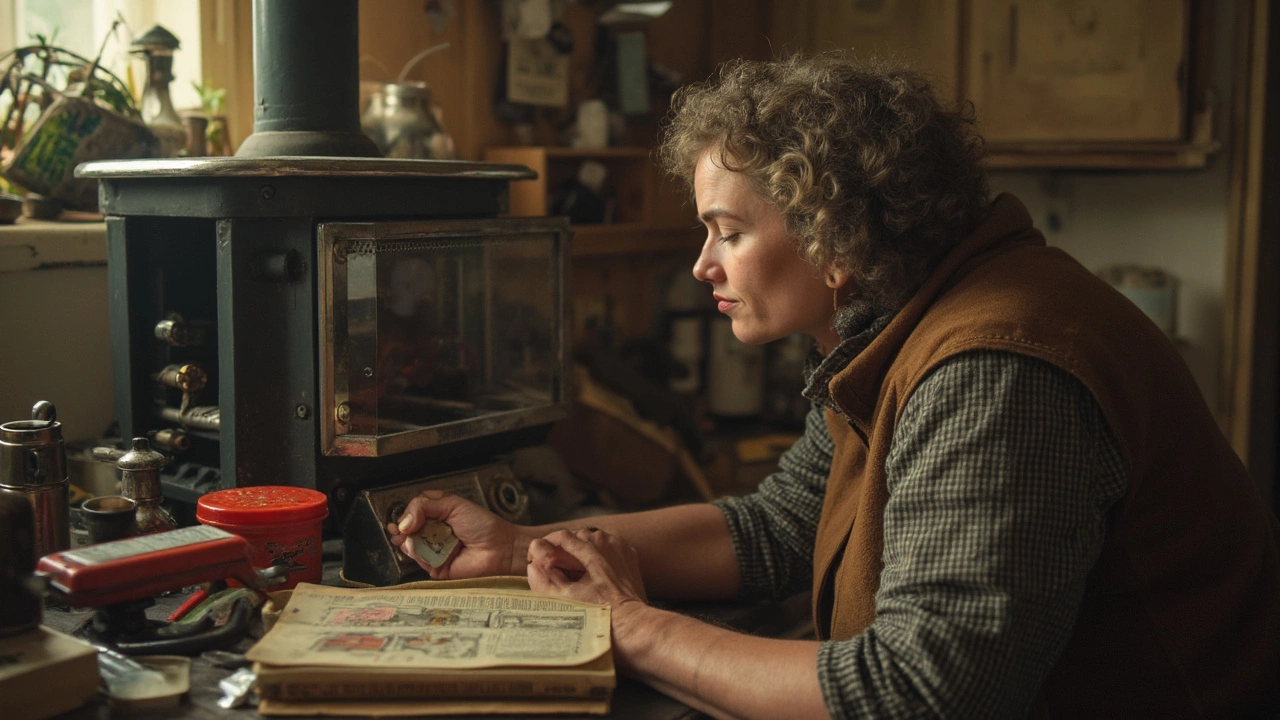
Component Failures
Alright, let’s talk about component failures. Your cooker is like any other machine—a symphony of parts working together. When one bit hits a sour note, the whole thing can go haywire.
First up, let’s chat about the heating elements. In an electric cooker, if your food’s not getting its tan, the heating element could be the culprit. It might be burnt out. You can usually spot this if it looks discolored or visibly damaged. If handy with tools, you could replace the heating element yourself but always disconnect the cooker from the power source first.
Oven Thermostat
If your food’s still coming out cold, the oven thermostat might be on strike. This little device is the keeper of your temperature. When it goes rogue, it can’t regulate heat properly. You’ll know it’s the issue if the oven doesn’t match the temperature you set. Sadly, this usually requires a professional touch to replace.
Burners and Ignition
For gas cookers, if the burner won’t light, inspect the ignition system. No sparks? It’s like the ignition needs a pep talk to get going. Clean the igniter tip first, as dirt can stop it from sparking. If it's still noncompliant, the spark module might be fried and might need replacing.
Control Knobs
Another sneaky thing to watch is the control knobs. Sometimes they’re just not turning the way they should. If they’re slipping, it’s almost like they’re not really there, ignoring your commands. Tightening or replacing these could restore control.
Remember, when dealing with faulty cooker components, know when you’re out of your depth. Sometimes calling a pro saves time and keeps you safe. If you want a professional opinion, they'll run a diagnostic and replace parts safely. Always worth considering if the advice we’ve lined up here hasn't sorted it!
When to Call a Professional
Alright, let's admit it—not every cooker issue is a quick DIY fix. Knowing when to throw in the towel and call a pro makes all the difference. So, what are the signs you should be on the lookout for?
If the Cooker Smells Like Gas
This one's a no-brainer. A gas smell around your cooker can indicate a leak somewhere. Evacuate the area immediately and call in a professional for a check. Never mess around with potential gas leaks.
Unusual Noises
Is your cooker making alien noises? Clunks, clangs, or whirrs out of the blue are not normal. These sounds could point to a faulty component like a fan or motor in electric cookers. In gas models, it could mean parts are misaligned.
Frequent Tripping of Circuit Breaker
If you’ve had to constantly reset your circuit breaker every time you use the cooker, it’s time to call someone in. Persistent electrical issues could be a sign of an internal wiring problem, which is best handled by someone who knows their stuff.
Repeated Pilot Light Issues
With gas cookers, if you're regularly having to reignite the pilot light, or if it won't stay lit at all, it’s another red flag. There could be a range of problems at play, and a professional can identify the cause.
Warranty and Age of Cooker
If your cooker is relatively new and still under warranty, it's wise to let a certified technician take a look. Tampering with it might void the warranty. Here’s an interesting stat:
| Cooker Age | Repair Likelihood |
|---|---|
| 0-5 years | 20% |
| 6-10 years | 40% |
| 11+ years | 70% |
At the end of the day, knowing when to step back and not DIY can save you grief—and maybe even save your cooker!

